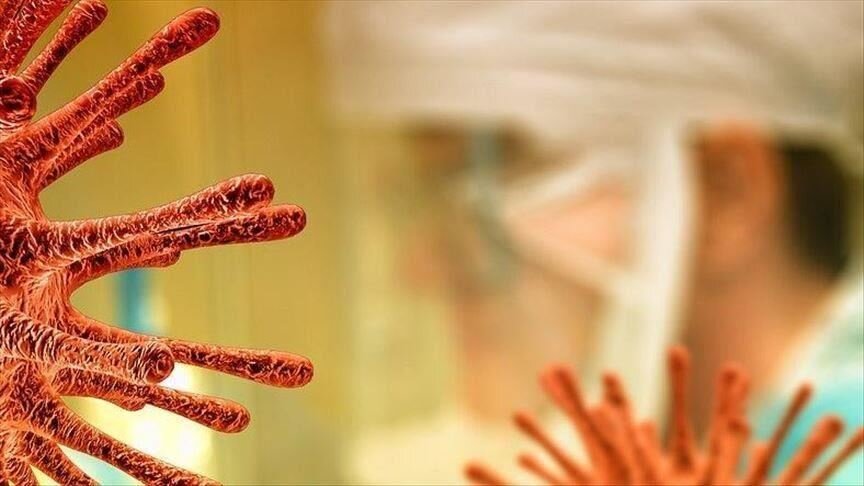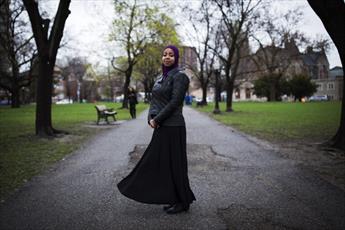Hawzah News Agency - (California - US) - Musab Awad is a Muslim nurse in the U.S. state of California whose career began with the biggest test of his professional life: fighting the COVID-19 pandemic amid shortages of medical supplies across the country.
HOAG Hospital Irvine where he works is not overflowing with coronavirus patients and has a 2:1 patient to nurse ratio. But it has similar measures in place as other facilities swamped with those who are infirmed.
Strict visitor policies are in place at the hospital: "No volunteers allowed, off duty staff are encouraged to not be in hospital premise, and staff are encouraged to stay home if they have a temperature of 100 F or showing other signs,".
"Per Centers for Disease Control and Prevention [CDC] and our hospital policy, we follow contact and droplet precautions but we know the virus can be airborne. However, staff are restricted to one mask a shift due to shortage," said Awad.
When patients come in showing symptoms such as cough and fever, they are isolated for possible COVID-19 and the staff waits for test results to confirm.
Staff workers are on alert for extended hours and most of Awad’s friends at other hospitals are doing overtime.
"Our hospital has asked anyone that is interested to sign up for special work pool in case we get overflowed so that when needed they will be activated," he said.
Awad, who is just 23, said for the most part to prevent his emergency room from overflowing, healthy individuals with mild symptoms are encouraged to stay home, rest, manage symptoms, and call emergency numbers for serious symptoms like shortness of breath.
"While anybody can get infected with COVID-19, individuals who are older, have cardiac or pulmonary conditions, and or immunocompromised are at most risk of going into respiratory arrest which necessitates mechanical ventilation," he said.




Your Comment